Rethinking the ABCs: Agent-Based Models and Complexity Science in the age of Big Data
A broad scope of concepts and methodologies from complexity science – including Agent-Based Models, Cellular Automata, network theory, chaos theory, and scaling relations – has contributed to a better understanding of spatial/temporal dynamics of complex geographic patterns and process.
Recent advances in computational technologies such as Big Data, Cloud Computing and CyberGIS platforms, and Sensor Networks (i.e. the Internet of Things) provides both new opportunities and raises new challenges for ABM and complexity theory research within GIScience. Challenges include parameterization of complex models with volumes of georeferenced data being generated, scale model applications to realistic simulations over broader geographic extents, explore the challenges in their deployment across large networks to take advantage of increased computational power, and validate their output using real-time data, as well as measure the impact of the simulation on knowledge, information and decision-making both locally and globally via the world wide web.
The scope of this workshop is to explore novel complexity science approaches to dynamic geographic phenomena and their applications, addressing challenges and enriching research methodologies in geography in a Big Data Era.
Photos from the session
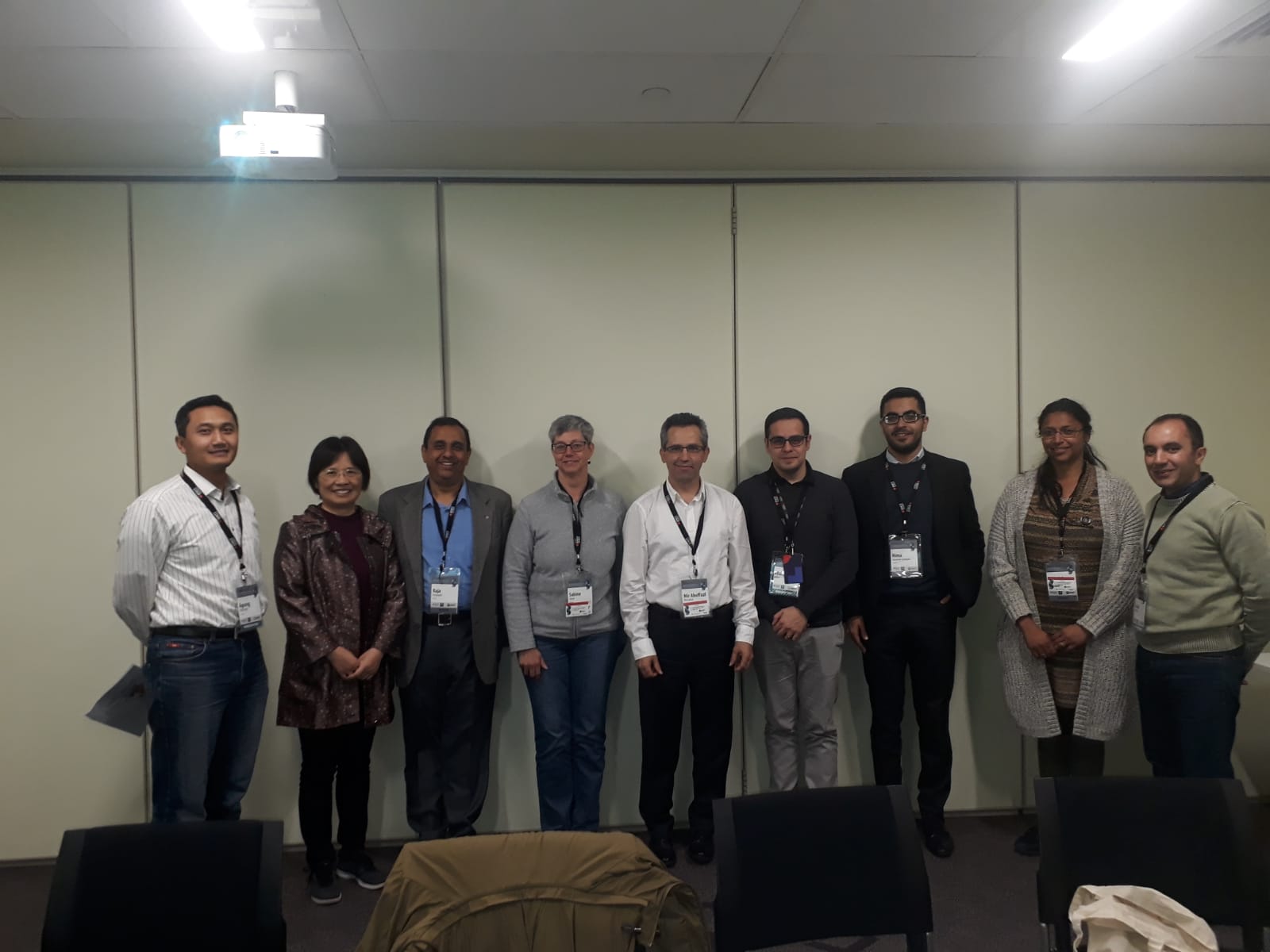
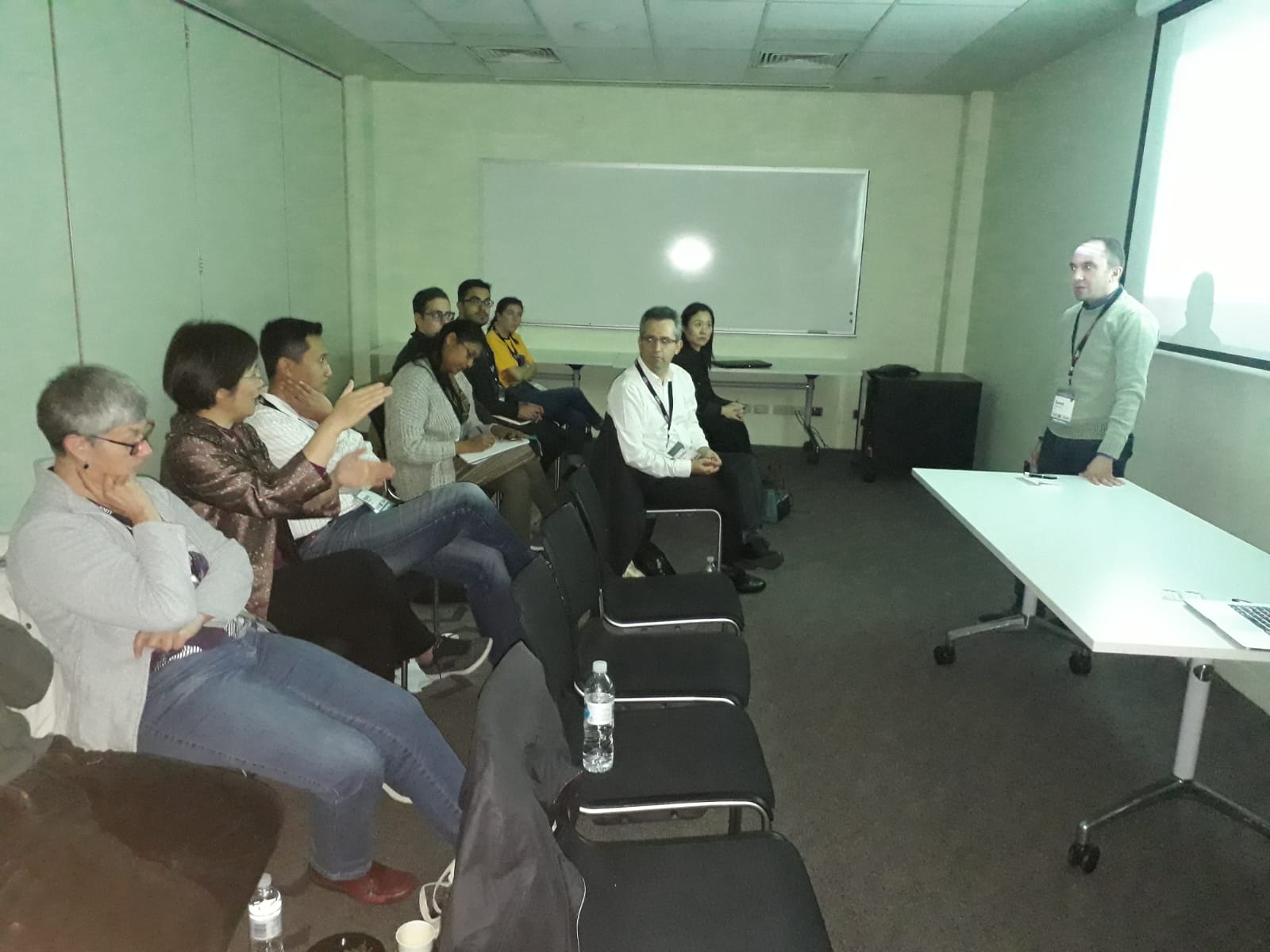
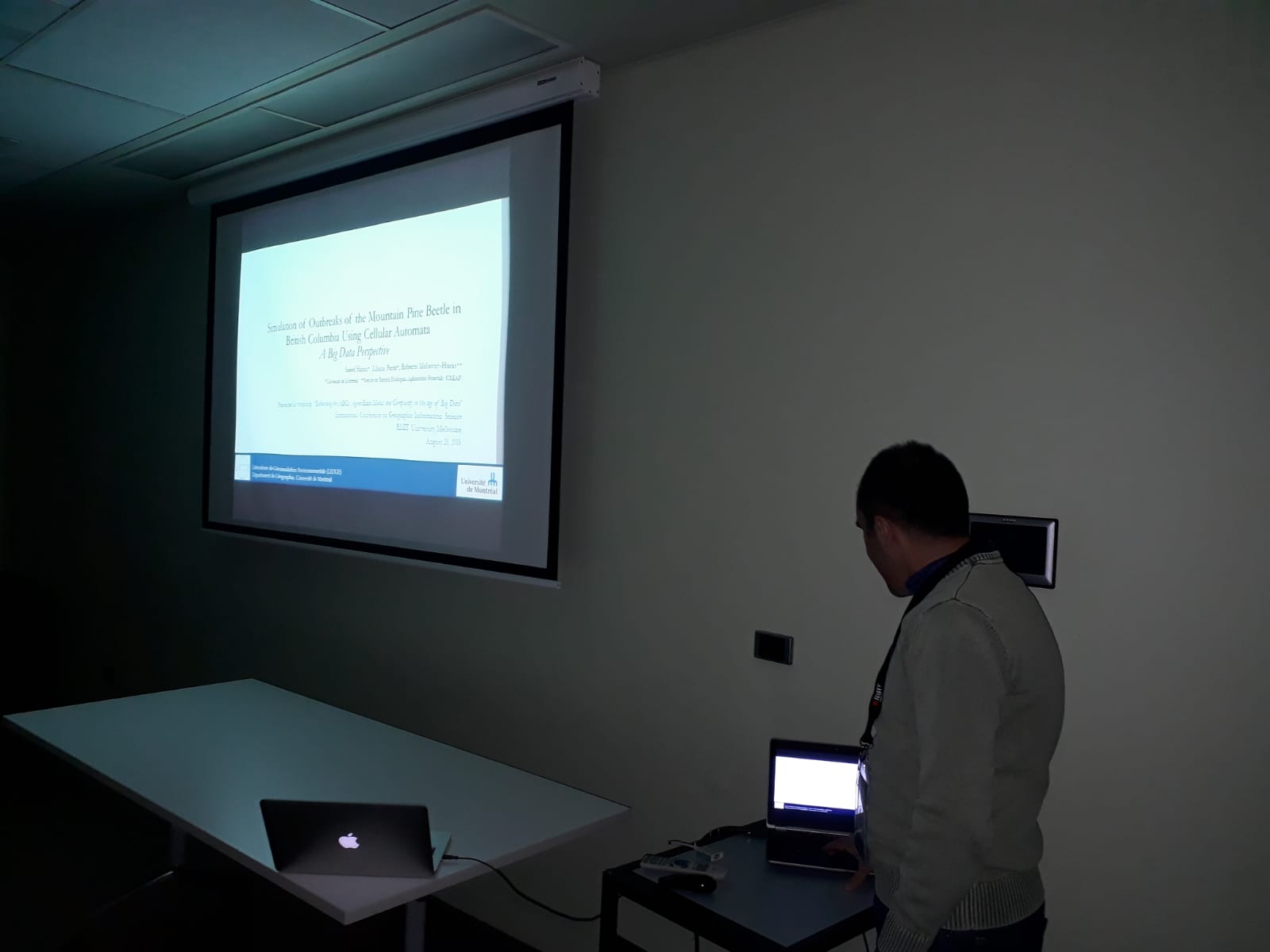
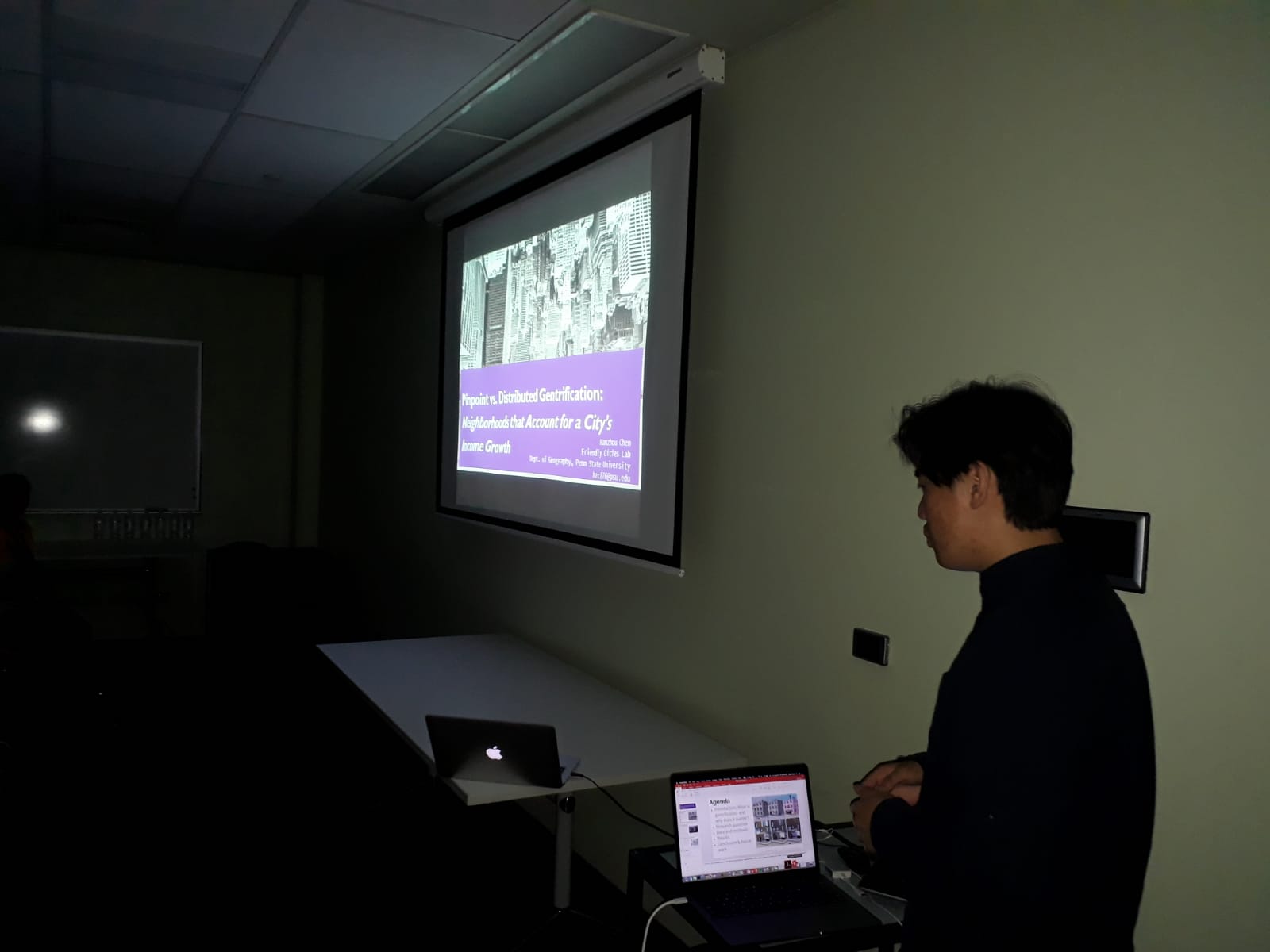

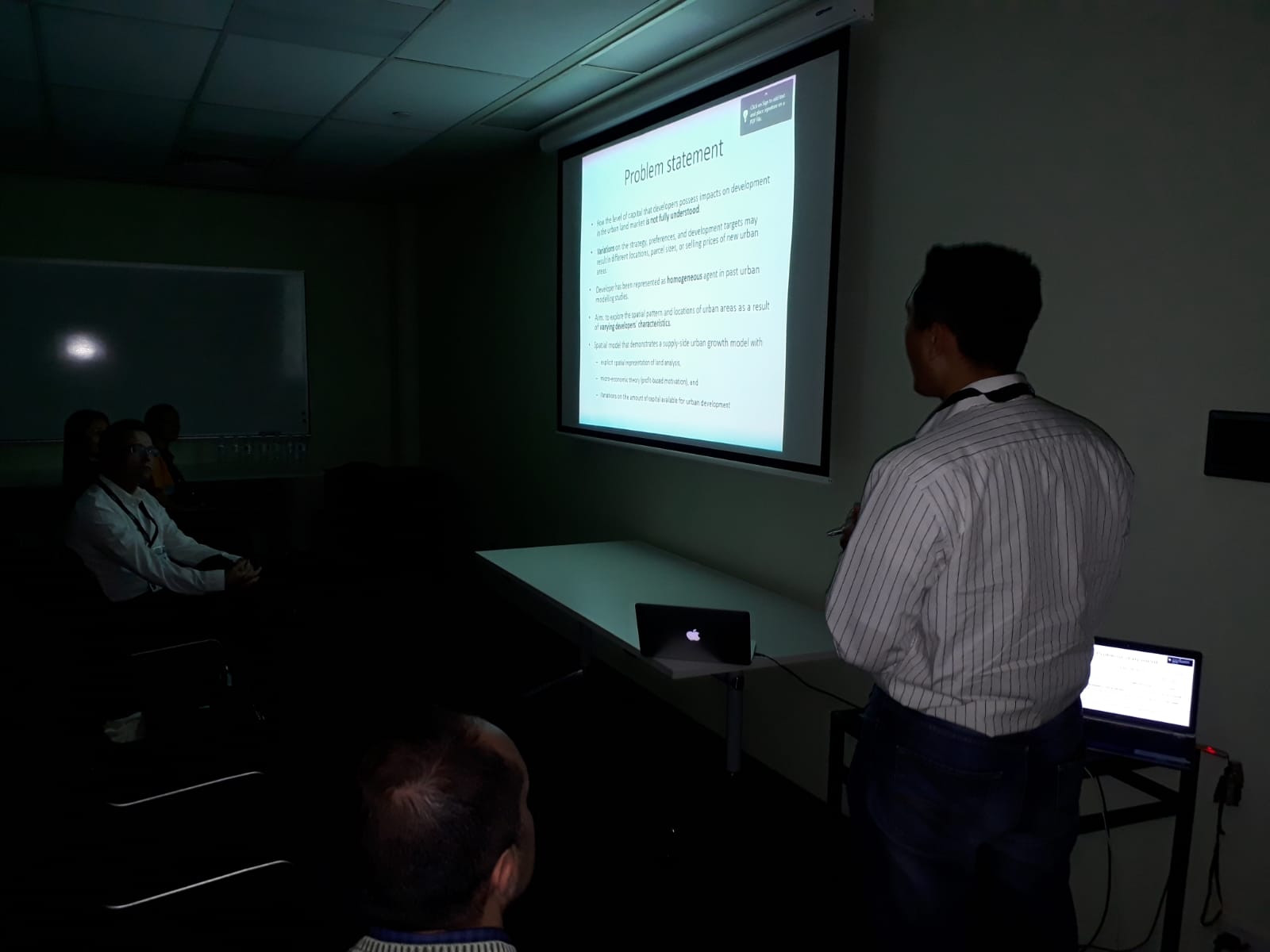

Rethinking the ABCs: Agent-Based Models and Complexity Science in the age of Big Data, CyberGIS, and Sensor Networks
A broad scope of concepts and methodologies from complexity science – including Agent-Based Models, Cellular Automata, network theory, chaos theory, and scaling relations – has contributed to a better understanding of spatial/temporal dynamics of complex geographic patterns and process.
Recent advances in computational technologies such as Big Data, Cloud Computing and CyberGIS platforms, and Sensor Networks (i.e. the Internet of Things) provides both new opportunities and raises new challenges for ABM and complexity theory research within GIScience. Challenges include parameterization of complex models with volumes of georeferenced data being generated,scale model applicationsto realistic simulations over broader geographic extents, explore the challenges in their deployment across large networks to take advantage of increased computational power, and validate their output using realtime data, as well as measure the impact of the simulation on knowledge, information and decision-making both locally and globally via the world wide web.
The scope of this workshop is to explore novel complexity science approaches to dynamic geographic phenomena and their applications, addressing challenges and enriching research methodologies in geography in a Big Data Era.

